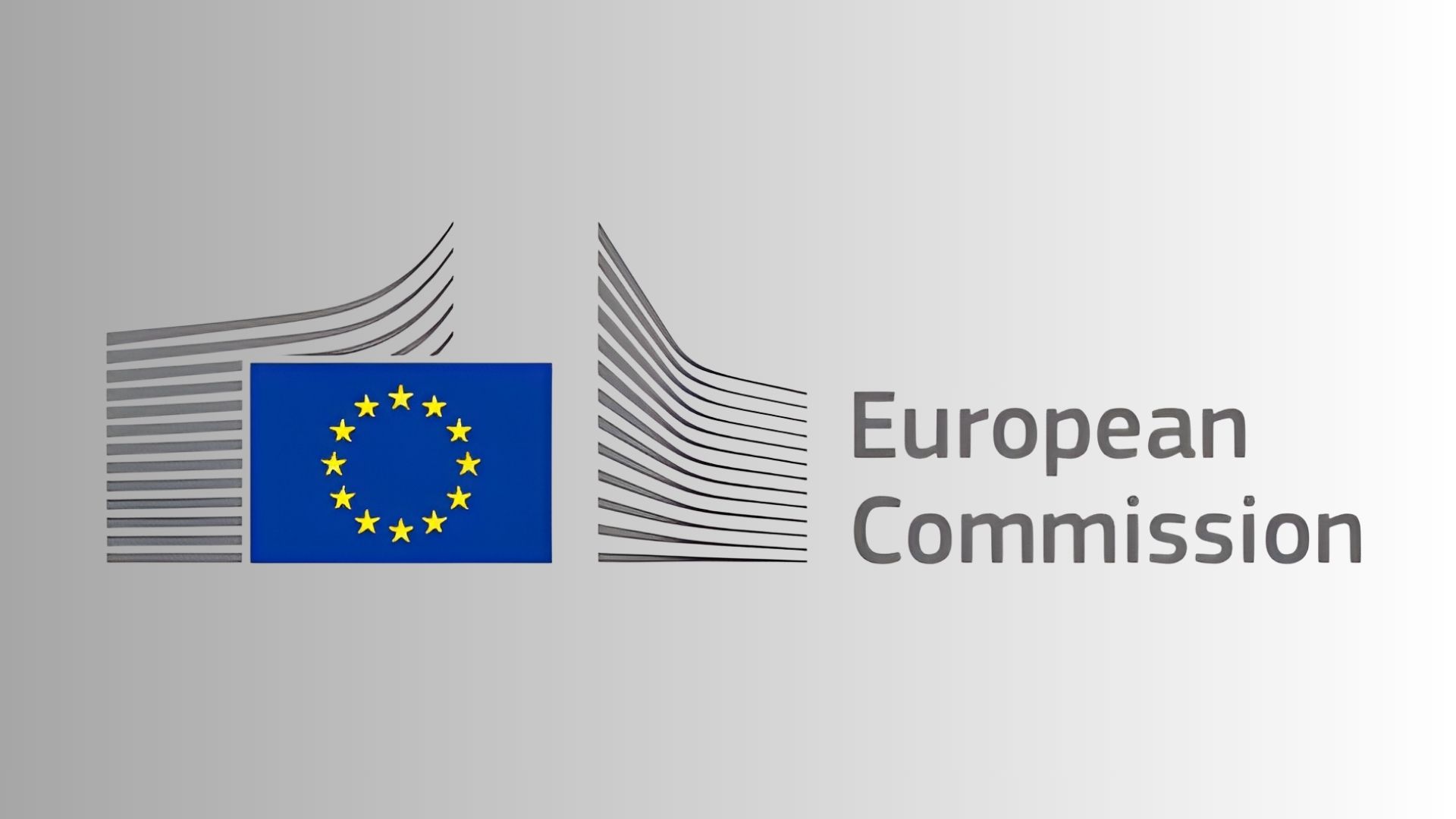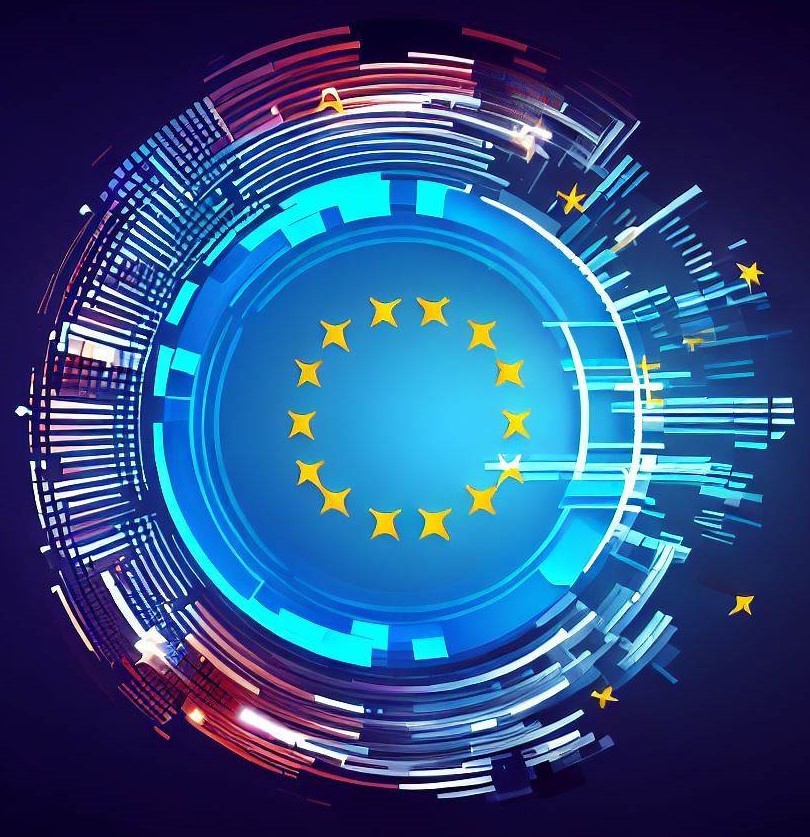European regulators have imposed a fine of one hundred and twenty million euros on X after ruling that the platform breached transparency rules under the Digital Services Act.
The Commission concluded that the company misled users with its blue checkmark system, restricted research access and operated an inadequate advertising repository.
Officials found that paid verification on X encouraged users to believe their accounts had been authenticated when, in fact, no meaningful checks were conducted.
EU regulators argued that such practices increased exposure to scams and impersonation fraud, rather than supporting trust in online communication.
The Commission also stated that the platform’s advertising repository lacked essential information and created barriers that prevented researchers and civil society from examining potential threats.
Regulators believe such restrictions frustrate efforts to study misinformation, influence campaigns and other systemic risks within the EU.
X must now outline the steps it will take to end the blue checkmark infringement within sixty working days and deliver a wider action plan on data access and advertising transparency within ninety days.
Failure to comply could lead to further penalties as the Commission continues its broader investigation into information manipulation and illegal content across the platform.
Would you like to learn more about AI, tech and digital diplomacy? If so, ask our Diplo chatbot!










